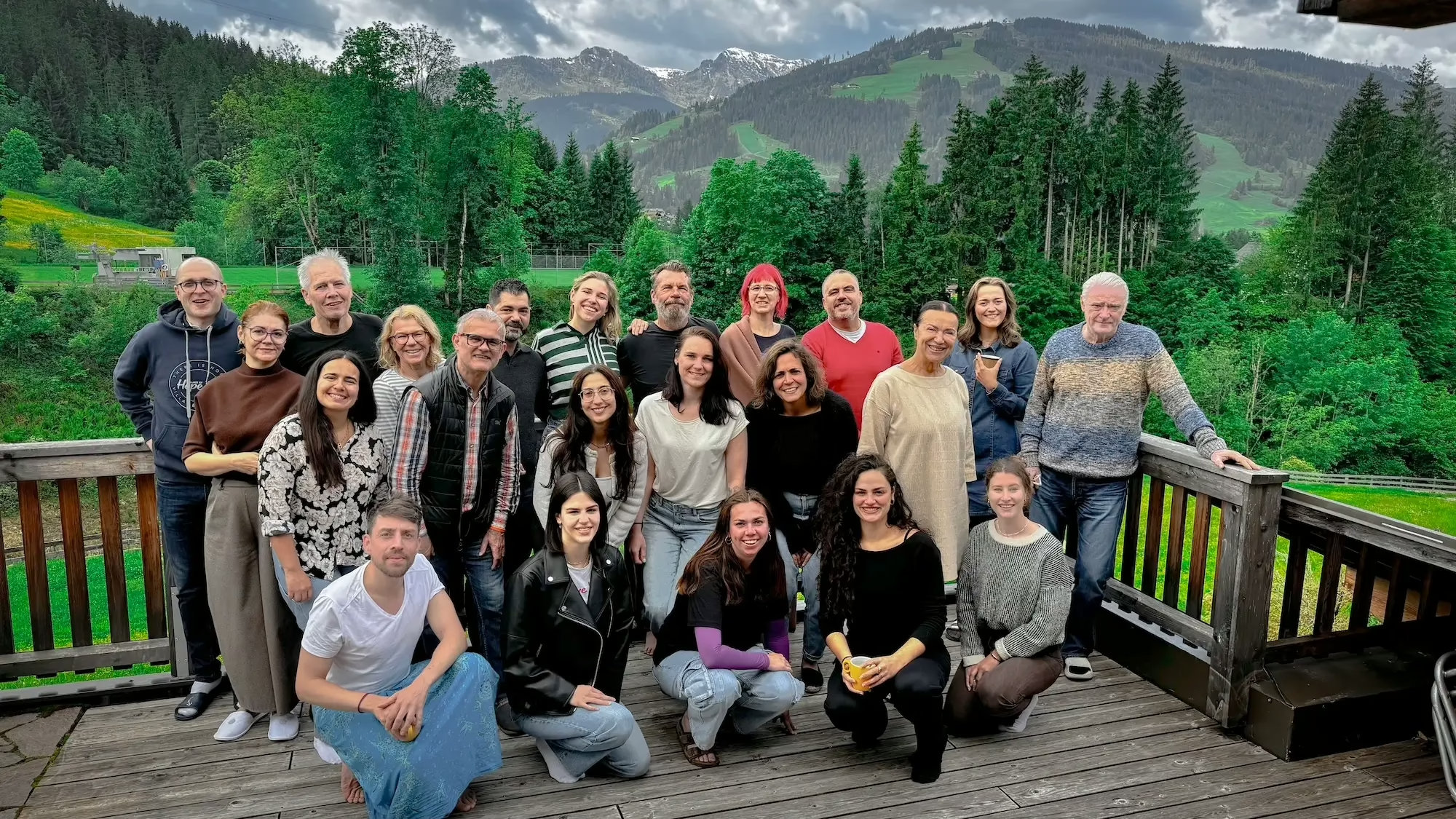
On the 23rd of May 2025, RESCALED held its annual General Assembly in Salzburg, Austria. This year’s event marked a meaningful gathering to reflect, (re)connect,

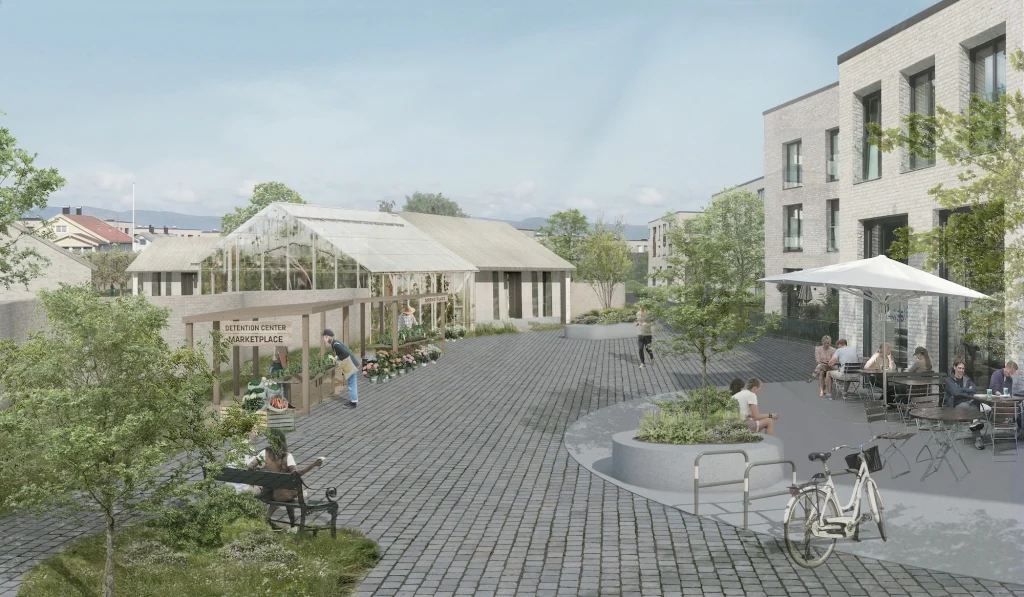
RESCALED challenges the concept of ‘prison’ and proposes the concept of ‘detention houses’ instead. Detention houses are small-scale, differentiated and community-integrated. Thanks to these three principles, detention houses contribute to sustainable, safe and inclusive societies.
RESCALED challenges the concept of ‘prison’ and proposes the concept of ‘detention houses’ instead. Detention houses are small-scale, differentiated and community-integrated. Thanks to these three principles, detention houses contribute to sustainable, safe and inclusive societies.
#EUROPEAN MOVEMENT FOR DETENTION HOUSES
#EUROPEAN MOVEMENT FOR DETENTION HOUSES
In Europe, there are 1.5 million people in prison. That means that 1.5 million people are taken out of society, to spend a longer or shorter period at a large physical and symbolic distance from society. At the same time, they are expected to be prepared to return to society, because almost all of them will. It sounds paradoxical that the best way to prepare someone for society is to continuously keep that person apart from society. Yet, this is what we are still doing more than 200 years after the concept of prison was born. We keep repeating the past, despite years of confirmation that it ‘does not work’.
Why not challenge this concept? Why not propose an alternative, which is a better fit for the 21st century? This is what RESCALED does.
In Europe, there are 1.5 million people in prison. That means that 1.5 million people are taken out of society, to spend a longer or shorter period at a large physical and symbolic distance from society. At the same time, they are expected to be prepared to return to society, because almost all of them will. It sounds paradoxical that the best way to prepare someone for society is to continuously keep that person apart from society. Yet, this is what we are still doing more than 200 years after the concept of prison was born. We keep repeating the past, despite years of confirmation that it ‘does not work’.
Why not challenge this concept? Why not propose an alternative, which is a better fit for the 21st century? This is what RESCALED does.

We bring the prison system to the attention of civil society, inspire for positive solutions and advocate for detention houses and their benefits amongst citizens, policymakers, practitioners, journalists and academics.
By connecting with policymakers, practitioners, journalists and researchers from all over Europe, we build networks and platforms to exchange ideas on small-scale detention and co-create solutions.
We build, collect and share knowledge and expertise on detention houses and their implementation, namely by mapping existing projects and through the RESCALED research network.
We bring the prison system to the attention of civil society, inspire for positive solutions and advocate for detention houses and their benefits amongst citizens, policymakers, practitioners, journalists and academics.
By connecting with policymakers, practitioners, journalists and researchers from all over Europe, we build networks and platforms to exchange ideas on small-scale detention and co-create solutions.
We build, collect and share knowledge and expertise on detention houses and their implementation, namely by mapping existing projects and through the RESCALED research network.
By engaging in dialogue with stakeholders on all policy levels, we support them in anchoring the concept of detention houses in policy and legislation.
By sharing best practices and evidence-based advice, we help stakeholders to implement and monitor detention houses in their national and local context.
By engaging in dialogue with stakeholders on all policy levels, we support them in anchoring the concept of detention houses in policy and legislation.
By sharing best practices and evidence-based advice, we help stakeholders to implement and monitor detention houses in their national and local context.

In this first episode, you’ll learn about the RESCALED movement—its mission, values, and vision for a justice system fostering dignity, safety, and inclusion. Discover the core principles of detention houses: small-scale, differentiation, and community integration, and why they are essential to a more humane, effective approach to liberty deprivation.

During this second episode we discover how Amsterdam South East is embracing restorative justice principles and community-centered approaches to create positive change. Our guests share personal insights about their collaboration and vision for justice reform, including their view on detention houses as alternative to large scale prisons.
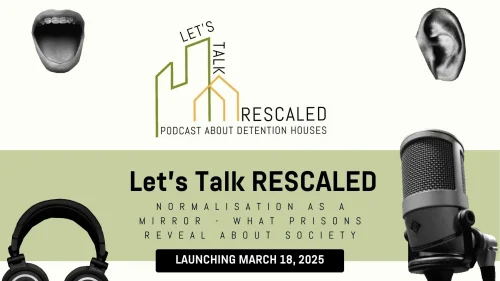
What does normalization really mean in detention? In this third episode, we explore how small-scale facilities like Norway’s Leira prison foster community integration, meaningful work, and social connections. Helene de Vos, Executive Director of RESCALED, shares insights from her research on Norwegian and Belgian prisons, unpacking normalization beyond material conditions.
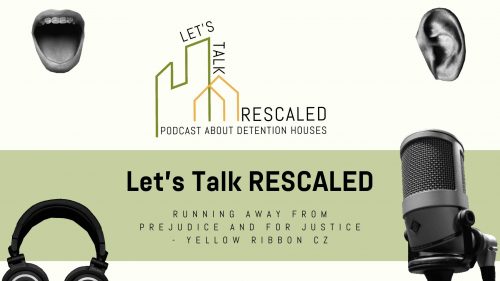
Discover how the Yellow Ribbon Run challenges stereotypes by uniting incarcerated individuals, judges, business leaders, and the public through community events that shift perceptions and create opportunities. Join Gabriela Slováková, Director of the Criminal Policy Department at the Ministry of Justice of the Czech Republic and CEO of Yellow Ribbon Czech Republic.

Discover the powerful connection between social enterprises and detention houses. Join Chiara Serafini and Duarte Fonseca as they explore how normalized environments and community connections support reintegration, and how social enterprises create employment opportunities while balancing social impact with sustainable business practices.

On the 23rd of May 2025, RESCALED held its annual General Assembly in Salzburg, Austria. This year’s event marked a meaningful gathering to reflect, (re)connect,

Around the world, women make up a small but growing group within the prison population. According to the World Prison Brief1 over 733,000 women and
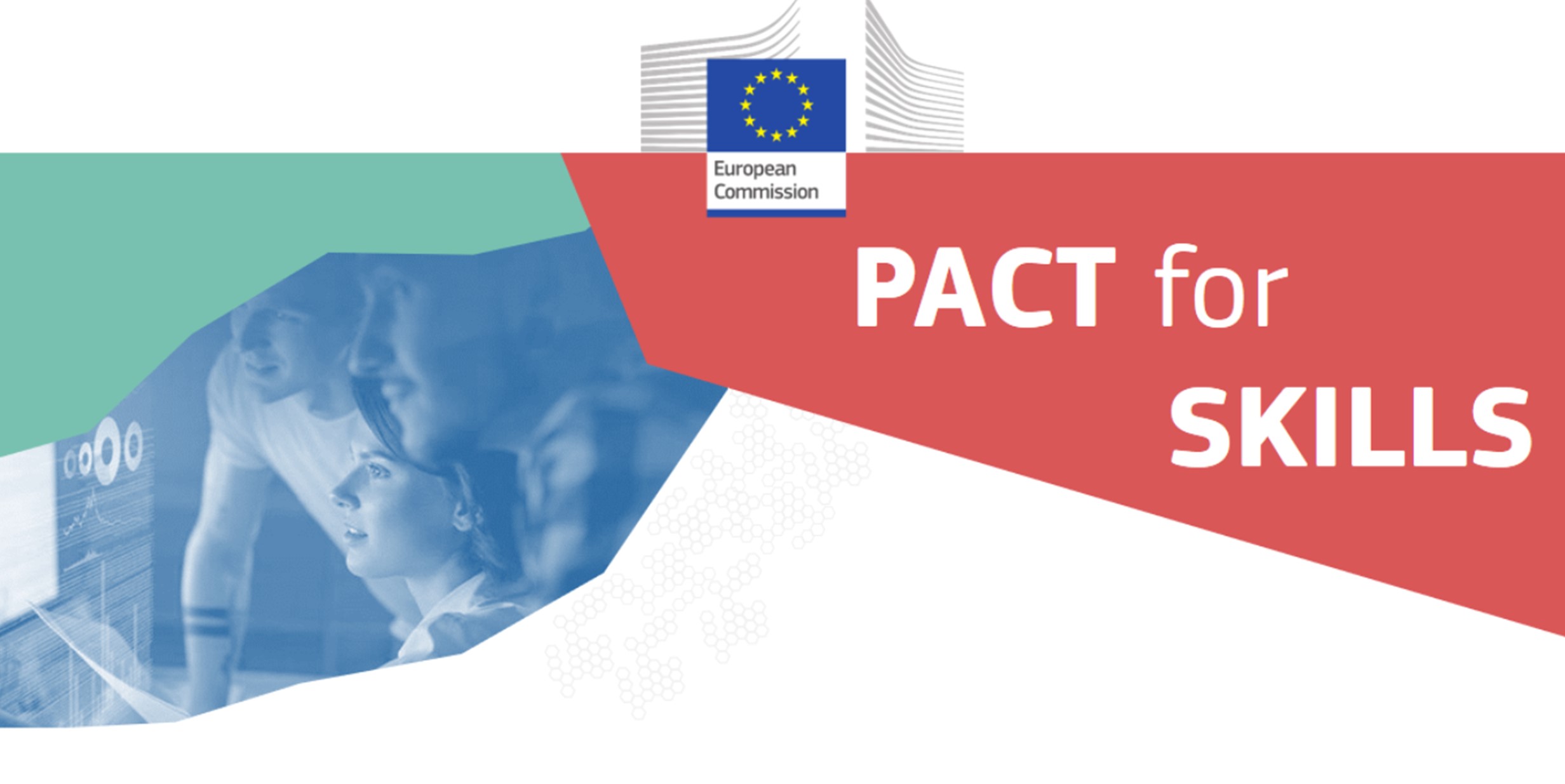
For current and future workforce adaptation based on profiles of competencies, recognition of prior learning, micro-credentialing and certification, following correctional systemic changes in Europe. The

On the 23rd of May 2025, RESCALED held its annual General Assembly in Salzburg, Austria. This year’s event marked a meaningful gathering to reflect, (re)connect,

Around the world, women make up a small but growing group within the prison population. According to the World Prison Brief1 over 733,000 women and
© 2024 All rights reserved by rescaled